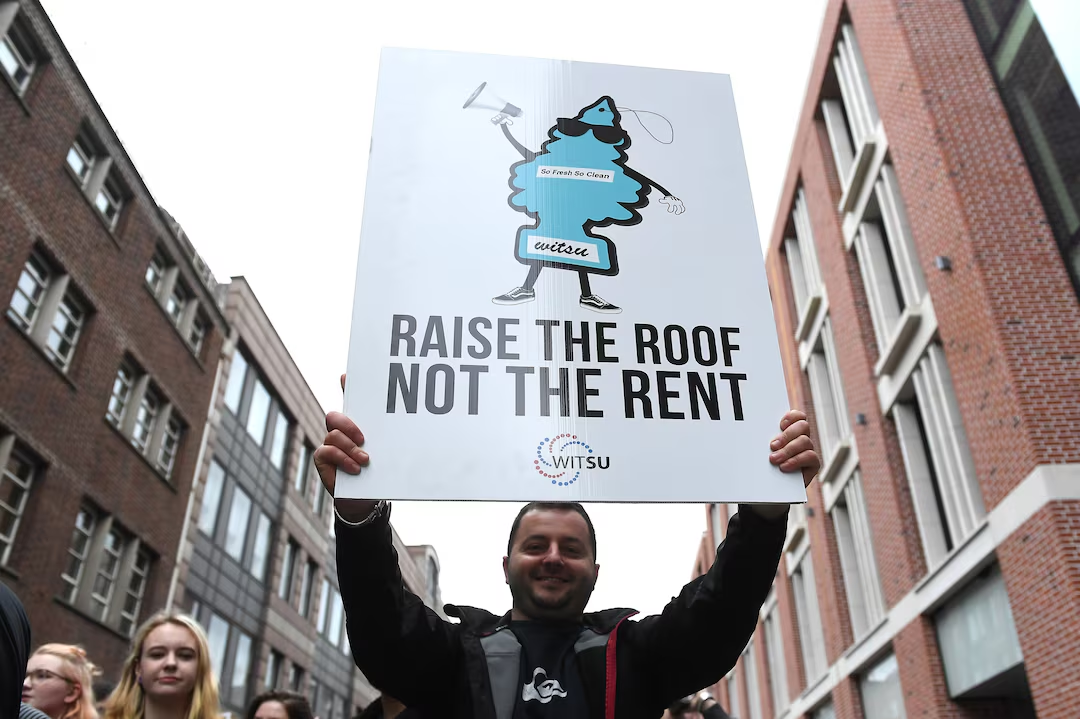City Council Votes Against Essential Housing Reform
Toronto"s city council has made a catastrophic decision that could cost the city $30 million in federal funding aimed at alleviating its severe housing crisis. On June 25, a suburban-majority council rejected a motion to expand as-of-right zoning for sixplexes across the city, limiting this critical housing option to downtown and one ward in Scarborough. This vote stands in stark contrast to the commitments Toronto made under the $4 billion Housing Accelerator Fund (HAF), where the city agreed to streamline housing approvals and tackle zoning barriers in exchange for $471 million in funding.
Impact of the Council"s Decision
The implications of this vote cannot be overstated. According to iPolitics, the rejection of sixplex zoning will likely lead to a 25 percent cut in Toronto’s annual payment from the HAF, equating to a staggering $30 million loss this year alone. This financial blow compounds the alarming trend of falling housing starts, which have plummeted nearly 60 percent in 2025 relative to 2024. In a region already facing a housing shortfall, the council’s decision exacerbates an already dire situation.

Toronto City Hall, Toronto | Tickets & Tours - 2024
Political Maneuvering and Electoral Concerns
Mayor Olivia Chow, who wields strong mayoral powers, chose not to push the issue through council deliberation, with critics suggesting that her electoral ambitions ahead of the 2026 municipal elections played a significant role in her inaction. A Liberal MP, speaking under condition of anonymity, stated that Chow"s decision to avoid confrontation was a calculated move to maintain her support base in the suburbs north of Bloor Street while appeasing her downtown constituents. The political calculus here is clear; any challenger to her authority must galvanize support in the suburbs, where opposition to density is most pronounced.
Housing Experts Weigh In on Sixplexes
The significance of sixplexes extends beyond mere numbers. As noted by housing expert Mike Moffatt, founding director of the PLACE Centre at Smart Prosperity Institute, the kind of housing sixplexes provide fills a critical market gap. These low-rise, family-sized units offer flexibility for various demographics including seniors looking to downsize and extended families wanting to stay close. Moffatt emphasizes that sixplexes also unlock financing options through federal programs, which require five or more units to qualify. Thus, the city’s failure to embrace sixplexes not only jeopardizes immediate funding but also stifles innovative housing solutions.

Thousands march on Irish parliament in growing housing ...
Financial Consequences of Inaction
The ramifications of this council decision stretch far beyond the immediate loss of federal funds. Toronto collects nearly $880 million annually in land transfer taxes, a figure projected to decline due to slower home sales and construction. If the housing crisis continues to fester, municipalities across the Greater Toronto Area could collectively face up to $2 billion in lost development charges each year, further crippling local economies. The decision to turn away federal dollars while stalling housing construction is a recipe for disaster, leading to a future where property taxes must inevitably rise to compensate for lost revenue.
Federal Government"s Role in Housing Accountability
As Toronto"s housing crisis unfolds, the onus also falls on the federal government. The Ontario government has remained conspicuously silent on the city"s apparent violation of the HAF agreement, leaving the question of accountability lingering in the air. If Ottawa allows Toronto to backslide without consequence, it risks undermining the credibility of the HAF and any future housing initiatives. However, a crackdown could provoke backlash from suburban voters, complicating the federal landscape under Prime Minister Mark Carney, especially in a minority Parliament.
Chow has expressed confidence that federal funding will remain intact despite the council"s vote, citing her belief that the new Housing Minister Gregor Robertson understands the complexities of municipal politics. But whether this assurance holds weight remains to be seen, as the federal government has yet to clarify its position on the situation.



![[Video] Gunfire between Iraqi security forces and Sadr militias in Baghdad](/_next/image?url=%2Fapi%2Fimage%2Fthumbnails%2Fthumbnail-1768343508874-4redb-thumbnail.jpg&w=3840&q=75)
